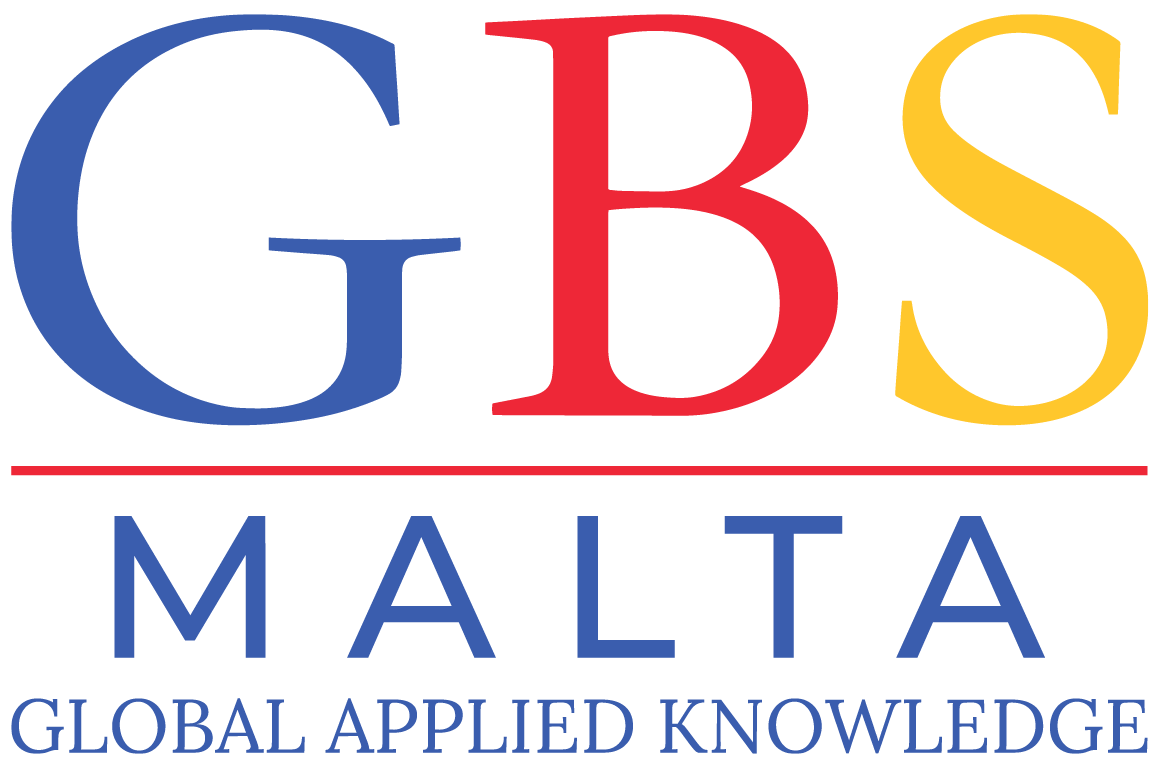They provide structure, clarity, and motivation, helping individuals achieve their career objectives efficiently.
Benefits of setting SMART Goals for effective study and career planning

Setting SMART goals for career success gives you a clear path. Here are some other benefits of studying and career planning for you:
- Specificity: Well-defined goals reduce complexity. If you want to improve your mathematical skills, you can make a precise goal like, "By the end of the semester, I will raise my math grade from a B to an A."
- Measurability: Trackable goals can be monitored. You can set a goal like, "I am going to complete a certification course within the next six months".
- Achievability: Set realistic goals that can be achieved without disappointment. Instead of chasing fluency with an unrealistic schedule, set a goal. For example, "I will finish an intermediate Spanish course in a year."
- Relevance: Your goals should match your values and career goals. This will keep you motivated. If you love environmental research, set a goal like, "I will finish an internship with an environmental NGO by next summer."
- Time-bound: Deadlines promote consistency and urgency. To grow your career, I will apply for new jobs and develop the needed leadership skills in 12 months.
These are some ways in which you can set SMART goals and get clarity to achieve career success. You can devise ways that fit your goals and objectives.
Want to study in Malta?
How can SMART goals help you with effective study and career planning?
SMART goals play a major role in effective study and career planning. Here’s how:
- Enhancing Focus: SMART goals help you narrow down your objectives. This promotes better concentration on priorities. A student who aims to study for two hours daily will be more focused than one with a vague goal of "studying more."
- Tracking progress: Measurable goals let you track progress and adjust as needed. A professional can set milestones for a long-term project. This can identify areas needing improvement and celebrate small wins.
- Increasing Motivation: Achievable and relevant goals keep you motivated. When your goals match your interests and skills, you are more likely to stay committed and enthusiastic.
- Time Management: Time-bound goals help you learn effective time management. If you are preparing for exams, you can plan your study schedule around deadlines. This will ensure you cover all topics in an organised manner.
- Building Confidence: Achieving small, specific goals boosts confidence. Each success builds momentum. It encourages you to set and achieve more ambitious goals.
SMART goals help students and professionals find a path to success. They ensure efforts are focused on meaningful and achievable objectives.
Pro-tips for effective study and career planning
Implement these expert tips for setting SMART Goals and optimise your study routine.
- Define your goals: Understand what you want to achieve. Make them clear and specific to move in the right direction.
- Set measurable targets: Break them down into measurable objectives. So you can track progress and stay motivated.
- Ensure goals are achievable: Be realistic about what you can do in a certain timeframe. Don’t set unrealistic goals, or you’ll get frustrated.
- Keep goals relevant: Align them with your long-term career goals and personal values so your efforts are meaningful.
- Set deadlines: Define and set deadlines for your goals. It creates a sense of urgency and forces you to make consistent progress.
- Review and adjust: Review your goals regularly and adjust as needed. Flexibility means you can stay on track even when things change.
- Get feedback: Don’t be afraid of feedback from mentors or peers. Their inputs can help you refine your goals and strategies.
- Stay committed: Stay focused and committed to your goals. Persistence is key to overcoming obstacles and achieving success.
Effective study and career planning with GBS Malta

GBS Malta offers the Award in Information Technology and Study Skills. The programme focuses on imparting industry-relevant skills. The certification serves as a foundation for an IT career and provides important skills for effective study and career planning. Here’s more about this programme:
- The Information Technology and Study Skills Award equips you with a solid academic and professional grounding in digital society, internet technology, computer hardware and software.
- The one-year full-time programme covers academic writing, communication, digital skills, effective study practices and career planning.
- This programme provides foundation in essential IT areas is complemented with broader knowledge and skills to prepare students for higher education levels (MQF/EQF Levels 5 and 6) and a career in information technology.
- The certification is recognised across the globe, giving you a competitive edge in the modern-day job market.
|
Intakes |
February/April/October |
|
Mode of Delivery |
Face-to-face learning and Online |
|
Awarded Qualification |
Award in Information Technology and Study Skills; Pre-Tertiary Certificate in Information Technology and Study Skills |
|
Level |
MQF Level 4 (UK Level 3) |
|
MQRIC Accredited Status |
Accredited |
|
Fees |
€5,000 per year |
|
Awarding Institution |
GBS Malta |
Malta is a growing hub for IT professionals, providing numerous career opportunities. Completing the Award in Information Technology and Study Skills from GBS Malta can open doors to different roles like IT support specialist, network administrator, data analyst or software developer.
By enrolling in this programme, you can acquire the skills needed to thrive in the IT industry and effective study and career planning. GBS Malta’s commitment to quality education and student success makes it an ideal environment for anyone looking to build a career in IT.
Frequently asked questions on effective study and career planning
1. Why are SMART goals important for career success?
2. What are the key components of effective study planning?
Effective study planning includes setting clear goals, creating a study schedule, prioritising tasks, and regularly reviewing your progress.
3. Can SMART goals help with time management?
Yes, GBS Malta lets students work part-time while studying for an MBA.
4. How can I track my progress towards achieving my SMART goals?
Regularly review your goals, keep a progress journal, use tracking tools or apps, and adjust your plan as needed to stay on course.
5. What should I do if I encounter obstacles while pursuing my SMART goals?
Stay flexible, re-evaluate your goals, seek feedback and adjust your plan as needed to overcome challenges and continue progressing towards your objectives.



